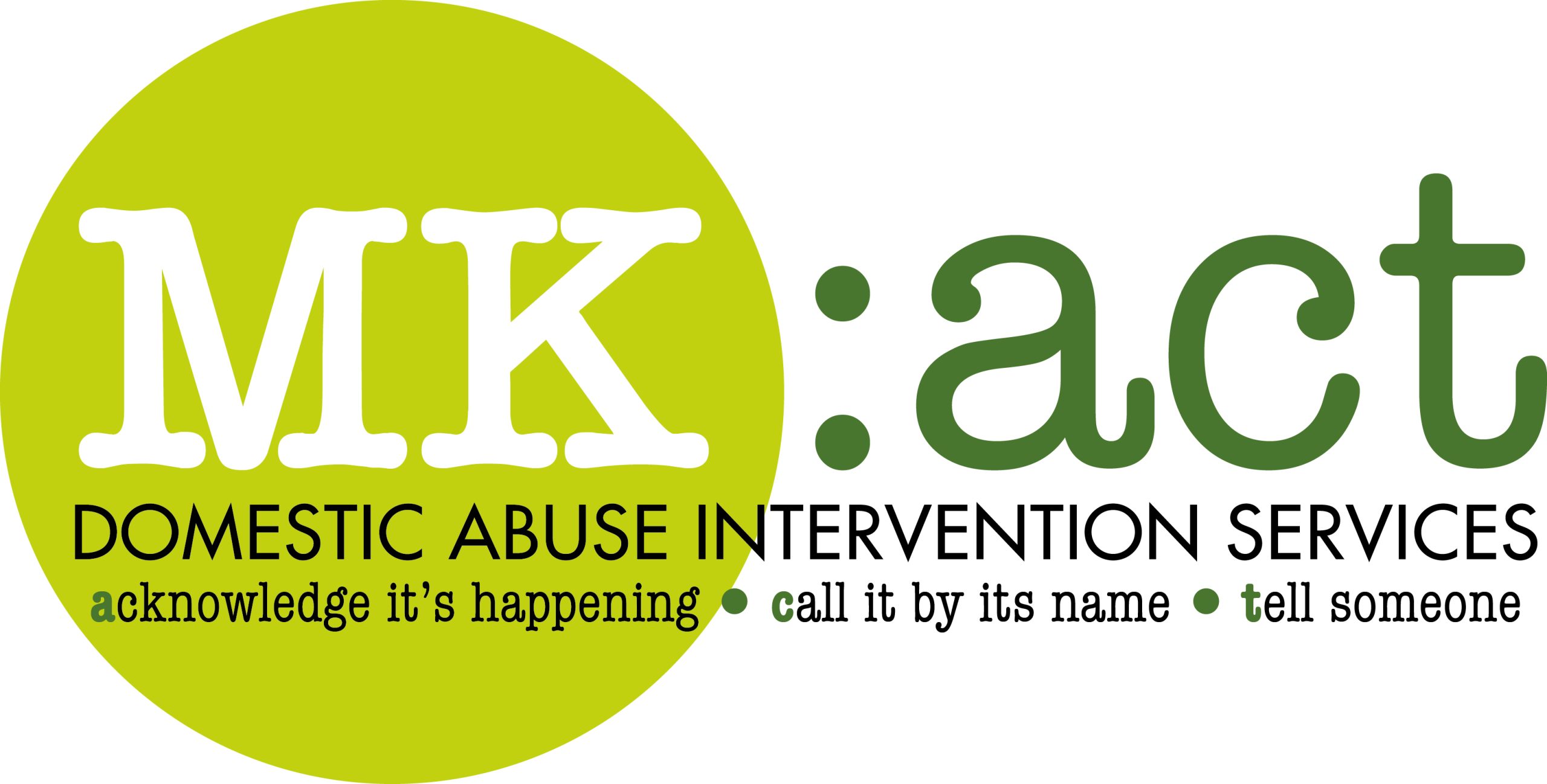
Domestic Abuse Awareness Month – How Can Employers Help?
October is Domestic Abuse Awareness Month, and it’s crucial to recognize the role workplaces can play in supporting employees affected by domestic abuse. For many, work offers a brief escape from an abusive home, but shockingly, 75% of domestic abuse victims are targeted at work (CAADV, 2012). Employers have an opportunity—and a responsibility—to create a safe, supportive environment.
Workplace Domestic Abuse Training
Domestic abuse affects work performance, with 94% of victims reporting a negative impact (Vodafone, 2021). Training can help employees recognize signs of abuse in themselves or colleagues, such as lateness, increased monitoring by a partner, or disengagement from social activities. In Milton Keynes alone, 1 in 5 residents report experiencing domestic abuse, making awareness crucial for everyone, regardless of gender or job role. Domestic abuse will affect 1 in 4 women and 1 in 6 men in their lifetime.
Training not only equips staff to recognise these signs but also informs them on how to access local domestic abuse support services, in Milton Keynes this is MK Act. If a colleague discloses domestic abuse, knowing how to guide them to safety is vital. MK Act offers workplace training to help organisations respond effectively to domestic abuse.
Does Your Workplace Have a Domestic Abuse Policy?
Surprisingly, while 86% of HR leaders agree they have a duty to support employees experiencing domestic abuse, only 5% of organizations have a policy in place (Vodafone Foundation, 2018). A domestic abuse policy ensures that employees feel safe, supported, and empowered to disclose their situation.
What should such a policy include? Support measures such as paid time off, flexible work arrangements, confidential communication options, and financial support are just a few steps employers can take. Offering practical resources, like safe spaces for calls or can also make a huge difference. MK Act can assist in crafting and implementing these policies tailored to your workplace.
Domestic Abuse Champions
Employers can go a step further by designating Domestic Abuse Champions—employees trained to act as points of contact for anyone affected by abuse. This free training allows individuals to connect colleagues to local services like MK Act and ensure the workplace supports their safety and well-being. Training is online, Domestic Abuse Champions join an existing network built across Milton Keynes.
Why Employers Should Act
Domestic abuse not only impacts the individual but can also affect productivity, with an estimated £1.9 billion lost annually due to absences related to domestic abuse (Walby, 2009). Employers can play a vital role in addressing this issue and providing a safer, more supportive work environment.
If you’re ready to bring domestic abuse support to the forefront of your workplace, contact MK Act at [email protected] to discuss training, policy development, or other support options.
It’s time for workplaces to act—let’s make domestic abuse support a priority.
